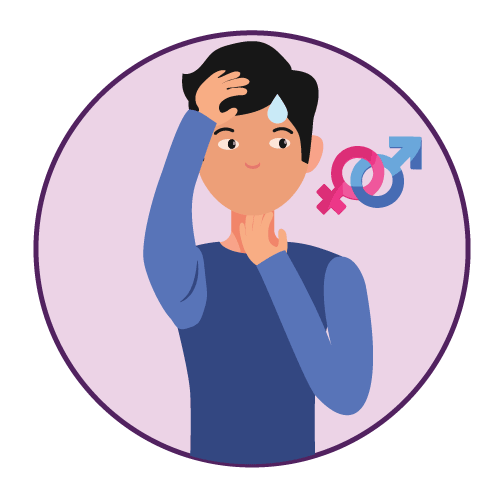| Name | Hypersexuality |

Hypersexuality
Hypersexuality refers to an excessive or compulsive interest in sexual activity. It can manifest as frequent sexual thoughts, urges, or behaviors that are difficult to control and interfere with daily life. Hypersexuality can be a symptom of a mental health condition, such as bipolar disorder or borderline personality disorder, or a side effect of certain medications, such as those used to treat Parkinson's disease. It can also be a result of substance abuse or a response to stress or trauma.
Symptoms of hypersexuality may include:
-
Engaging in frequent sexual activities, often to the point of exhaustion.
-
Having persistent sexual thoughts and urges that are difficult to control.
-
Spending excessive amounts of time and money on sexual activities.
-
Engaging in sexual behaviors that are dangerous or harmful to oneself or others.
Treatment for hypersexuality may involve a combination of medication, therapy, and lifestyle changes. Medications such as antidepressants or mood stabilizers may be used to help manage symptoms. Cognitive behavioral therapy (CBT) may be used to help individuals identify and change negative thought patterns and behaviors related to their sexual activity. It is important to seek medical attention if you experience symptoms of hypersexuality, as early diagnosis and treatment can improve the chances of a positive outcome.
Note: This is a general description. Please take professional health advice.
 Bangla
Bangla English
English